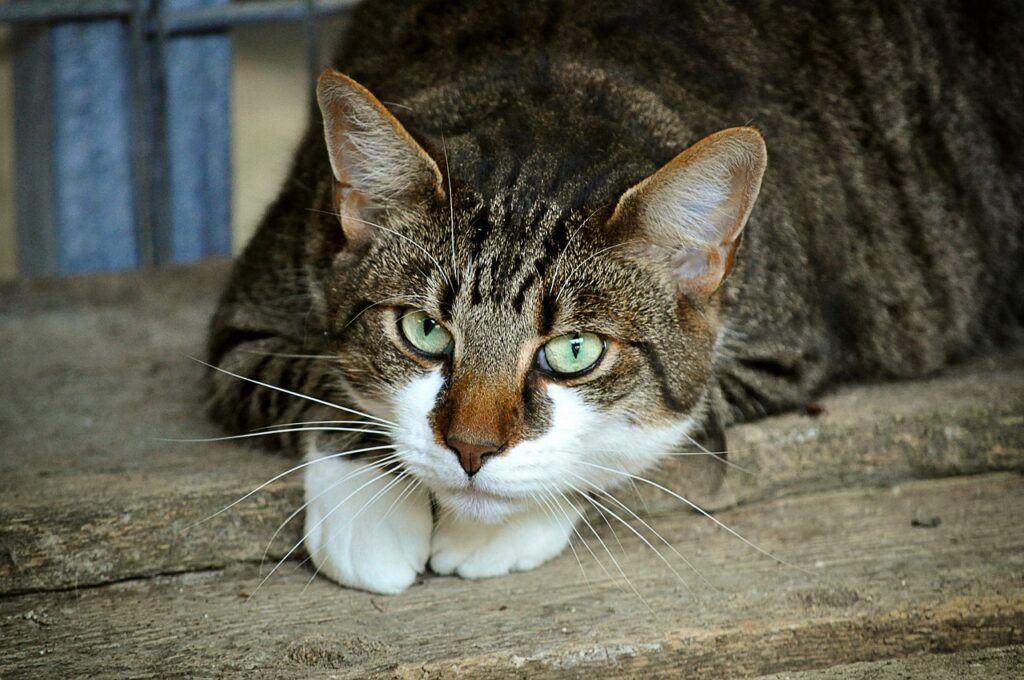Can Cats Eat Salt? – No, They Can’t
Cats and salt don’t mix well. In essence, salt, while a common seasoning for humans, holds several risks for our feline friends. Too much salt intake can lead to serious health complications for cats, and it’s generally wise to avoid feeding them salty foods.
Is It Safe for Kittens to Consume Salt?
When it comes to kittens, their bodies are even more vulnerable than adult cats. No, kittens should not consume salt as their developmental stages require carefully balanced diets, and salt can easily disrupt that balance, leading to health issues.
Risks Associated with Feeding Salt to Kittens
Kittens fed with salt may suffer from dehydration, salt poisoning, and an imbalance in electrolytes. Their kidneys are not as efficient at processing excess salt, and thus they are at a higher risk when exposed to salty foods.
Why Salt is Not Recommended for Cats
Causes Dehydration
One of the main issues with salt is that it can cause cats to become dehydrated. Excessive salt intake leads to a spike in thirst, but if water isn’t consumed in adequate amounts, it can quickly turn into dehydration.
Leads to Salt Poisoning
Salt in large amounts is toxic to cats. Overconsumption can lead to salt poisoning, which can cause symptoms such as vomiting, diarrhea, tremors, and severe cases can even lead to death.
Disrupts Electrolyte Balance
Too much salt can disturb the natural balance of electrolytes in a cat’s body. This imbalance can adversely affect muscle and nerve function and can cause long-term damage to the cat’s health.
Known Health Issues in Cats from Consuming Salt
Health issues such as sodium ion poisoning can arise from high salt consumption in cats. This condition can manifest in symptoms like excessive thirst and urination, weakness, and even seizures.
What to Do If a Cat Has Consumed Salt?
- Contact Your Veterinarian: If you suspect your cat has ingested a considerable amount of salt, immediately get in touch with your vet.
- Provide Fresh Water: Make sure your cat has access to fresh, clean water to mitigate the effects of salt intake.
- Monitor for Symptoms: Watch your cat closely for any signs of salt poisoning and be prepared to describe them to your vet.
Safe Alternatives to Salt for Cats
Instead of salt, opt for cat-safe treats or foods that are specifically designed to cater to their dietary needs. Commercial cat treats are formulated with the right balance of nutrients, and fresh cuts of meat without added salt can also be a healthy choice.
Conclusion
In conclusion, feeding your cat salt or salty foods is a practice best avoided. Given the potential health issues, it’s paramount that we ensure our cats have access to a balanced diet that’s low in sodium. By offering safe alternatives and keeping a close eye on our feline’s diet, we can help protect their health and well-being.



